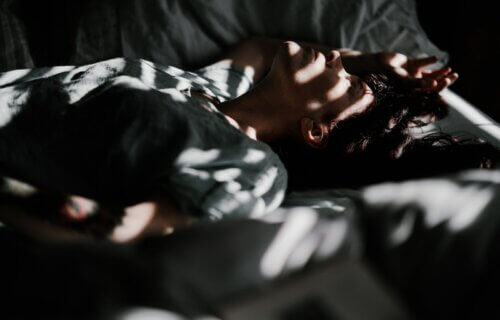Insomnia is a common sleep disorder that keeps you from falling or staying asleep. Because sleep is crucial for our physical and mental well-being, it’s important to treat this disorder efficiently. But health experts warn against sleep medications due to their many side effects and their potential for addiction. So what can you do to finally get a good night’s sleep? StudyFinds researched the best remedies for insomnia to tuck you in.
You may have guessed it: Sleep deprivation is bad for you. Canadian researchers report that older adults with insomnia are more likely to experience memory decline, as well as even more serious long-term cognitive impairments like dementia. “We found that insomnia specifically was related to worse memory performance compared to those who have some insomnia symptoms alone or no sleep problems at all,” said co-lead study author Nathan Cross, a postdoctoral fellow at the Sleep, Cognition and Neuroimaging Lab at Concordia University.
Does insomnia run in your family? According to a Swedish study, a genetic predisposition to insomnia is linked to an increased risk of coronary artery disease, stroke, and heart failure. This is especially concerning since an estimated 30 percent of the general population deals with the sleep condition regularly. Fortunately, insomnia can — and should! — be treated. “It’s important to identify the underlying reason for insomnia and treat it,” Dr. Susanna Larsson, the study’s lead author and a professor at the Karolinska Institute in Sweden, comments in a press release. “Sleep is a behavior that can be changed by new habits and stress management.”
Habits that help you sleep better include active relaxation with yoga or meditation, as well as limiting your smartphone use before bed. To find the best remedies for insomnia, StudyFinds reviewed ten expert websites and built a top-five list based on our findings. Do you have any remedies to add? Please let us know in the comments!
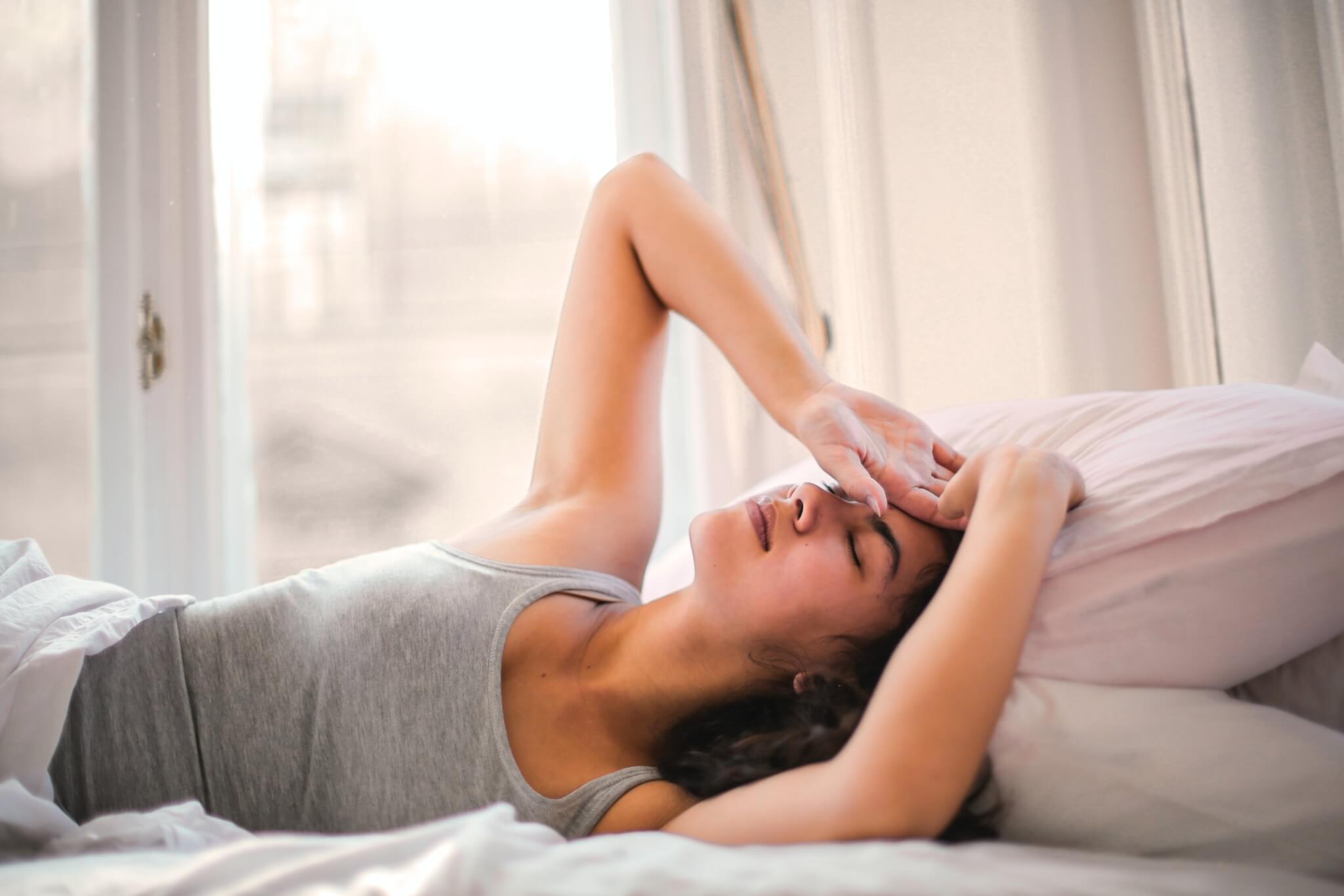
The List: Best Remedies For Insomnia, Per Health Experts
1. Melatonin
An over-the-counter sleep aid is the most recommended insomnia remedy. Melatonin tells your brain that it’s sleepy time. The “naturally-occurring hormone […] helps regulate the sleep-wake cycle in the brain. Your body makes it at night when the light is low,” knows Verywell Health. The drawback? “The most common side effects of melatonin […][are]: Daytime drowsiness; Headache; Dizziness; Nausea; Nightmares.”
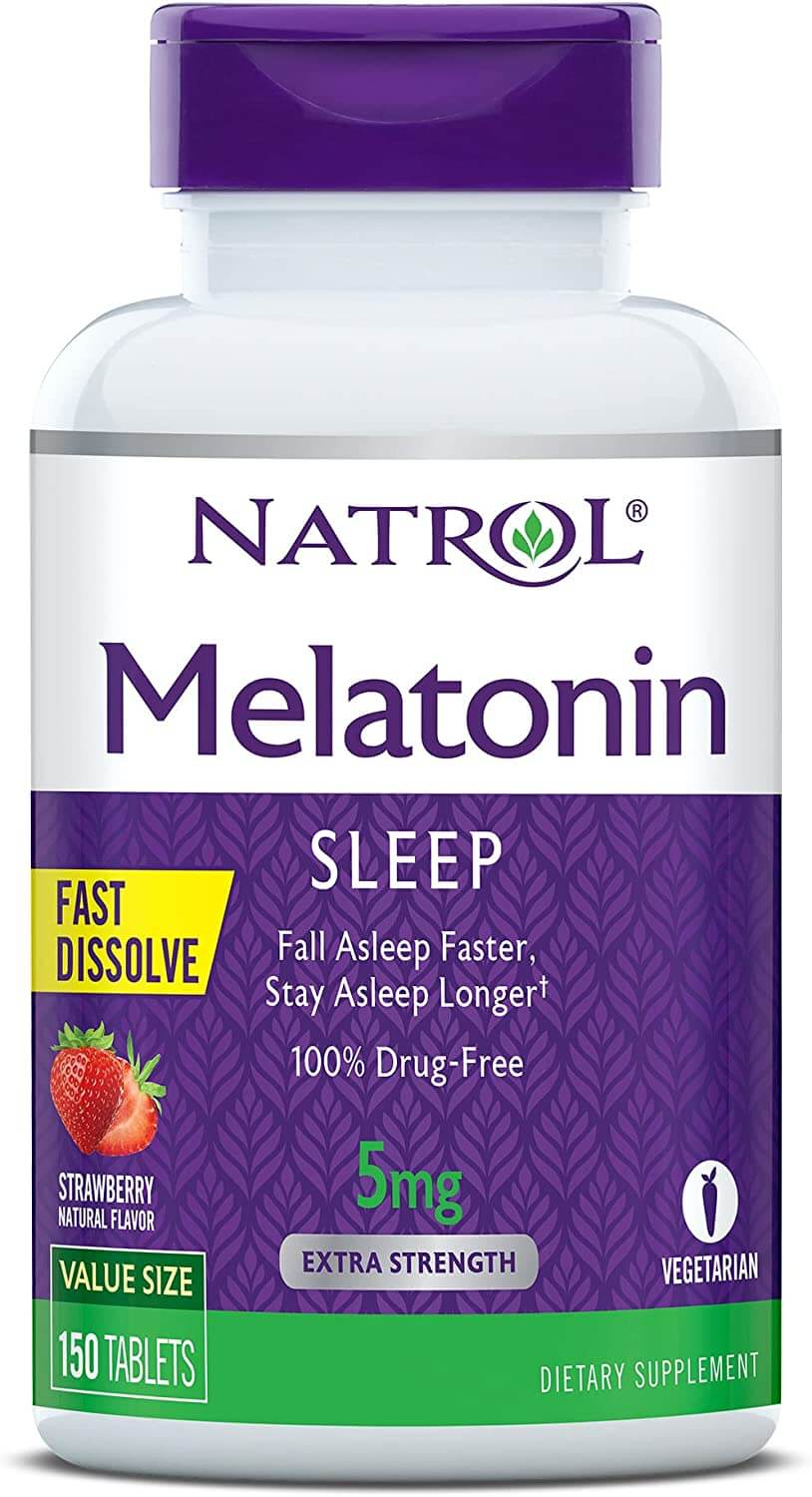
“By far the most common thing I recommend to patients is to take melatonin,” says Time‘s expert neurologist Dr. Daniel Barone. “Getting natural melatonin production back on track [for instance with a dark bedroom and no screens before bedtime] is the most sustainable scenario…but taking an over-the-counter brand might do the trick short-term. Barone recommends taking between 1 and 3 milligrams 30 to 60 minutes before bed if you have trouble falling asleep, and immediately before if you have trouble staying asleep.”
“Liquid or capsule dietary supplements of melatonin can help people with insomnia fall asleep more quickly. Melatonin can also help improve the quality of sleep. It may be most useful for shift workers, people experiencing jet lag, or people with sleep disorders,” elaborates Medical News Today. Of course, as with all supplements, “anyone thinking about taking melatonin should speak to their doctor about the best dosage to take, how long to take it for, and whether it is safe for them to take.”
2. Chamomile Tea
This is a gentle remedy with very few possible side effects. “One of the most popular remedies for insomnia is to drink warm milk or chamomile tea before bedtime. Both are believed to have effects on the brain that make it easier for you to fall asleep,” writes WebMD.
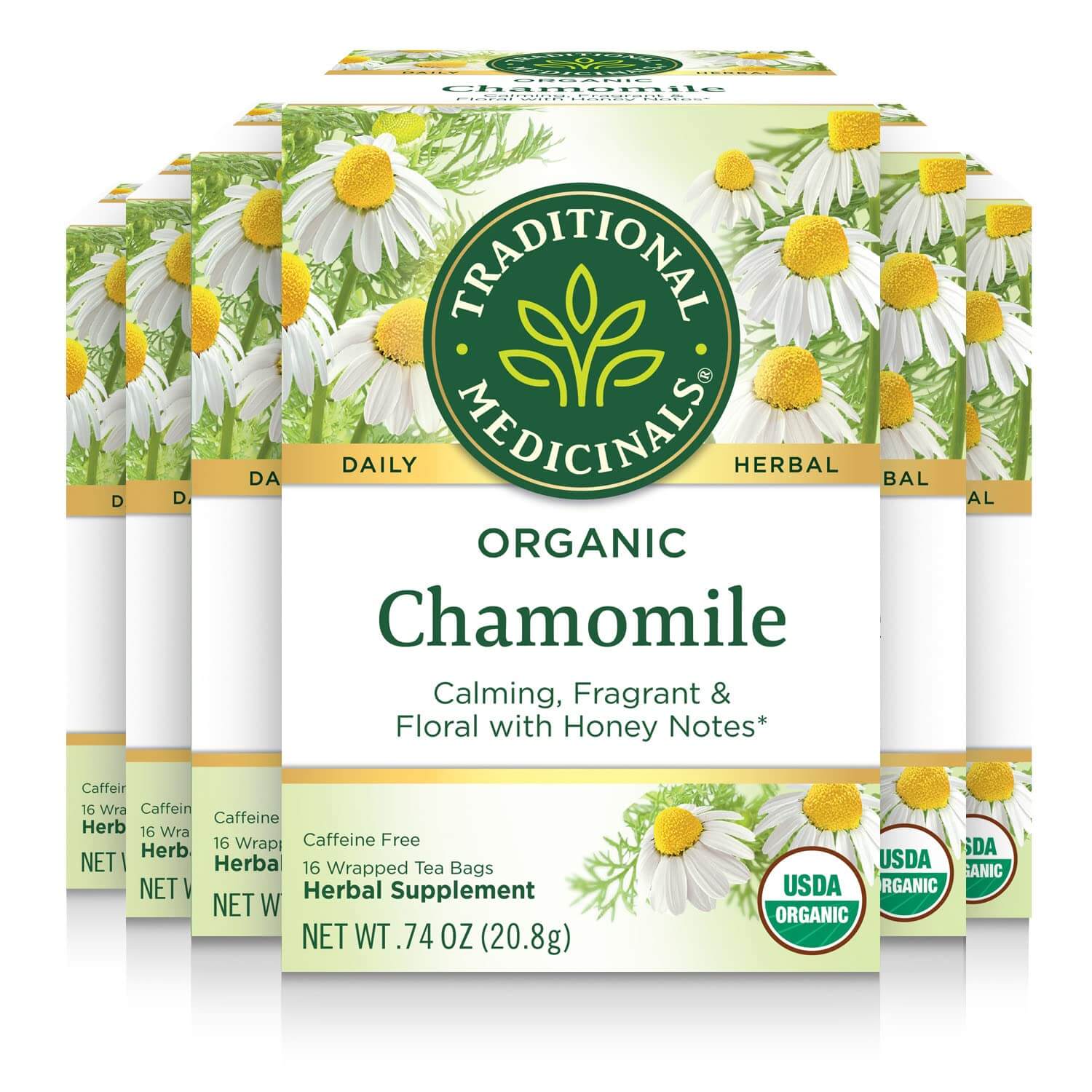
“It’s marketed as a before-bed beverage for a reason: The herb chamomile has been used as a sleep aid for thousands of years,” informs Time. According to expert Dr. Baron, “the feeling of sipping on a warm beverage alone may elicit relaxation and sleepiness.” Also, “this type of remedy is not going to hurt and it might help, […] so it’s certainly worth a try.”
But while chamomile is as frequently recommended for insomnia as melatonin, there’s no scientific backup. “Chamomile is traditionally used to reduce muscle tension and anxiety, which in theory may help induce sleep. However, clinical trials have not shown this herb is helpful for insomnia,” states Verywell Health. That said, “for those that can use some help winding down at night, a cup of warm chamomile tea may be helpful. In tea form, side effects of chamomile are uncommon but may include nausea, dizziness, and allergic reactions.”
3. Moderate Exercise
A completely free — and possibly fun — sleep aid that works: Tire yourself out a little. “Physical activity can improve sleep, though researchers aren’t completely sure why. It’s known that moderate aerobic exercise boosts the amount of nourishing slow wave (deep) sleep you get,” writes John Hopkins Medicine.
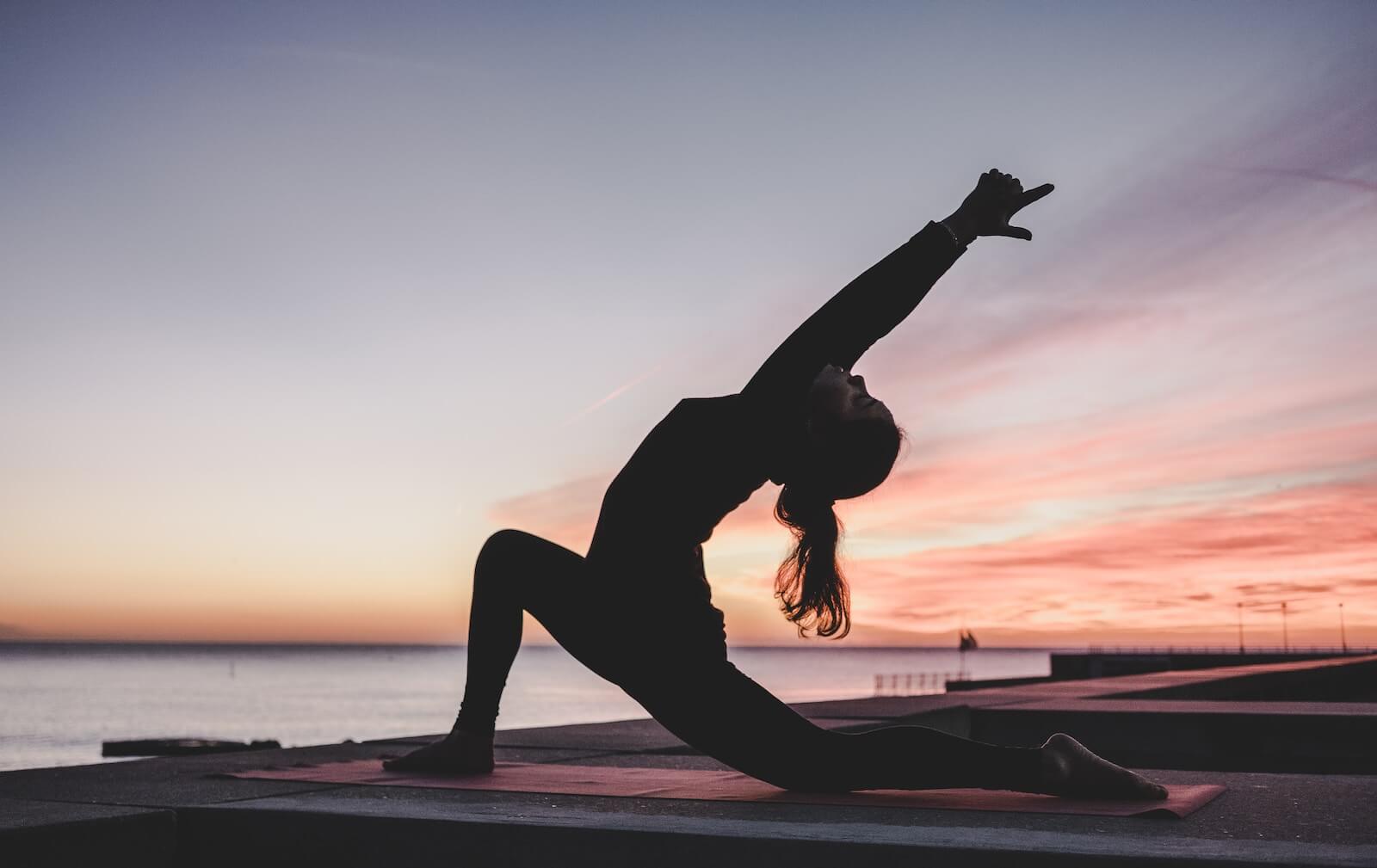
According to Medical News Today, “regular exercise will boost well-being, mood, and fitness levels and can even help people get a better night’s sleep. A 2015 trial by the European Sleep Research Society found that 150 minutes of exercise a week significantly improved symptoms of insomnia for participants and reduced depression and anxiety, which have a knock-on effect on sleep.”
“Getting in some daily physical activity is one of the best remedies for insomnia. Exercise is good for your overall health — and it improves your quality of sleep,” knows WebMD. However, “as exercise releases endorphins that make you feel awake and energized, try to get in a workout earlier in the day. You should avoid exercising within two hours of bedtime.”
4. Good Sleep Hygiene
This “remedy” is a bit vague and certainly not fun, but crucial. Essentially, good sleep hygiene means preparing your body for sleep in time by avoiding stimulants like caffeine or screens a couple of hours before bedtime, keeping work out of the bedroom, and going to bed at the same time every day. “The blue light emitted from your smartphone, tablet, or computer is sort of like an electronic version of caffeine: It leaves your brain feeling revved up, rather than relaxed and ready for sleep. Make it a point to turn off your devices at least an hour before turning in,” recommends Amerisleep.
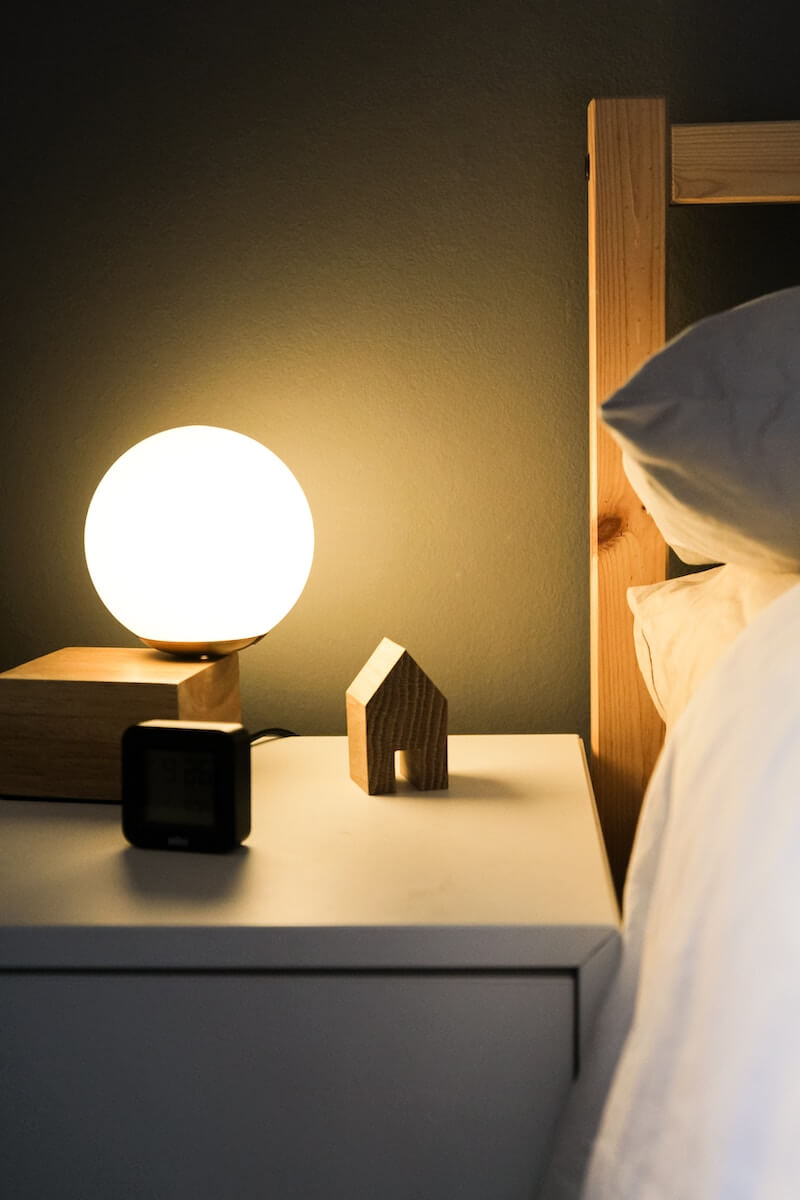
According to WebMD, “practicing good sleep hygiene and sleep habits can help you overcome insomnia. This means that you should try to stick to a regular sleep schedule every day. Set a regular bedtime and a regular time to wake up so that your body gets into the habit of sleeping during those hours. You should also avoid napping throughout the day. This way you will be more tired when it comes to your nightly bedtime.”
Also part of good sleep hygiene: “Keep your bedroom cool. The ideal temperature for sleep is around 65 degrees Fahrenheit,” writes Everyday Health. “Eat at the same times of day. ‘There’s lots of documentation that those who have irregular meals tend to have more problems with sleeplessness,’ says [Everyday Health’s expert, sleep medicine specialist] Dr. Goetting.”
5. Valerian Root
Like chamomile, this natural remedy is frequently recommended by experts, though scientific backup is lacking. “Valerian root (Valeriana officinalis) is thought to affect levels of gamma-aminobutyric acid (GABA) — a calming chemical in the brain,” explains Verywell Health the remedy’s popularity.
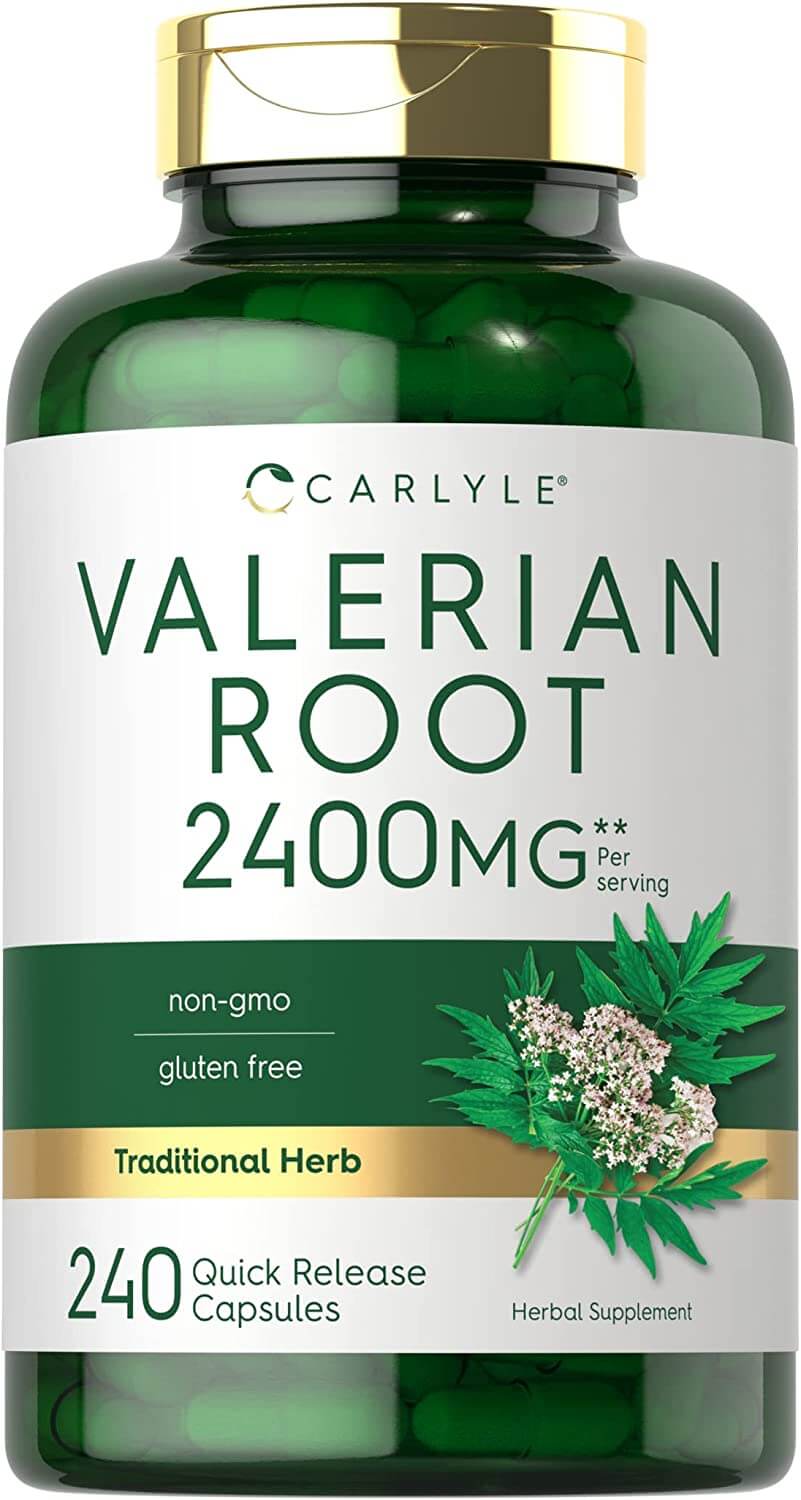
“If melatonin doesn’t work or patients don’t want to take it, [Time’s expert] Barone suggests trying valerian root. A 2015 review published in the journal Evidence-Based Complementary and Alternative Medicine concluded that ‘a few high-quality studies report modest benefits of valerian for insomnia patients,’ adding that while the overall evidence remains mixed, the safety of valerian is well-established,” reports Time. “Like all supplements, however, valerian can have side effects—and you should get clearance from your doctor before taking it, since it can interact with some drugs.”
“A 2015 systematic review found that valerian was associated with improved sleep, but there was significant variability among the studies, and the quality of evidence was low,” says Medical News Today about the remedy. If you nevertheless want to try valerian root, you “can take valerian in the form of a tea, tincture, capsule, or tablet. Speak to a qualified herbalist before preparing and taking valerian, but a typical dose would be 400–900 mgTrusted Source shortly before bedtime.”
You might also like:
Sources:
- John Hopkins Medicine
- Healthline
- WebMD
- Mayo Clinic
- Everyday Health
- Verywell Health
- Medical News Today
- Amerisleep
- CNET
- Time
Note: This article was not paid for nor sponsored. StudyFinds is not connected to nor partnered with any of the brands mentioned and receives no compensation for its recommendations.
